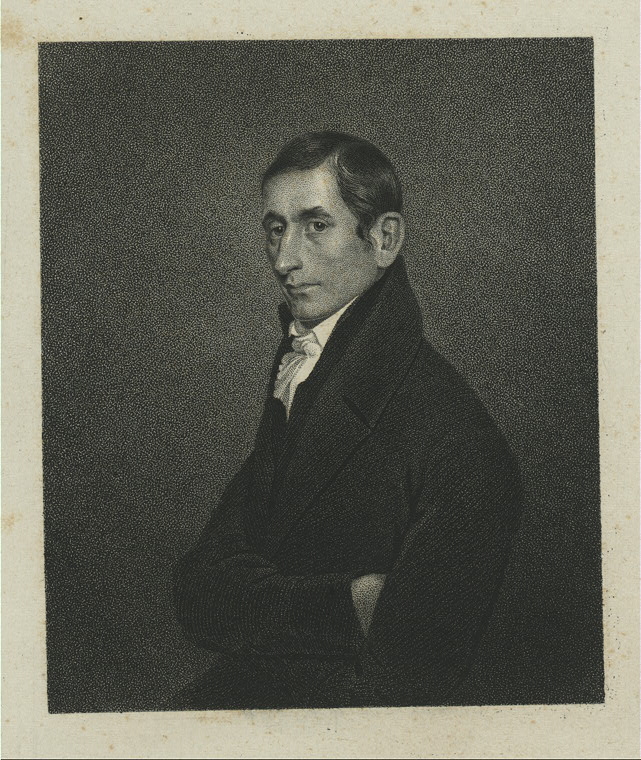Christian Opposition to Indian Removal
Jeremiah Evarts
In 1829, Jeremiah Evarts, a Christian missionary and chief opponent of the Indian Removal Act, wrote an essay under the pseudonym William Penn, entitled “On the Present Crisis in the Condition of the American Indians.” The original document has been digitized and housed on The Library of Congress’ website. In laying out his argument against the supposed virtues of the Removal Act, Jeremiah Evarts suggests that President Andrew Jackson, in his dealings with, and treatment of, the Indians, has greatly exceeded his Executive authority: “I think the President has greatly mistaken his powers and his duty, in regard to the Indians.” (William Penn). He also claims that, divorced from any religious reasoning, the United States is legally obligated—bound by previously-signed treaties—to leave alone and in peace the Cherokees to the land which is rightly theirs: “I expect to make it appear, by a particular examination of treaties, that the United States are bound to secure to the Cherokees the integrity and inviolability of their territory, till they voluntarily surrender it.” (William Penn).
Evarts simultaneously appeals to both the law-respecting, liberty-loving American citizen, and to the human conscience, inherent within each and every citizen of the nation, regardless of one’s political or religious leanings. Eventually he does weave his own religious convictions and beliefs into the fabric of his essay, urging the nation to examine whether or not this bill may enable and enact injustices so severe as to offend God Himself:
But it is very clear, that our government and our people should be extremely cautious, lest in judging between ourselves and the Indians, and carrying our own judgment into execution with a strong hand, we incur the displeasure of the Most High. Some very judicious and considerate men in our country think, that our public functionaries should stop where they are; that, in the first place, we should humble ourselves before God and the world, that we have done so much to destroy the Indians, and so little to save them; and that, before another step is taken, there should be the most thorough deliberation, on the part of all our constituted authorities, lest we act in such a manner as to expose ourselves to the judgments of Heaven.
—William Penn
Evarts cites the quintessential Christian principles of love, care, mercy and humility as reasons to not implement President Jackson’s Indian Removal Act; Evarts’ Christian morality and ethics tell him that such a bill would violate all these principles. This wholesale destruction of the Indians, according to Evarts, would in fact be a direct offense against God: a sin. Evarts’ religiously-tinted argument against the bill is convincing; and his Christian ideals, principles and concerns were shared by at least 77% of the nation’s population. It follows, then, that the majority of the citizens of the United States of America had strong moral objections to the Indian Removal Act. The bill misrepresents—today and the day it was first passed—the ideals of a nation, and merely reflects the harsh, overly-forceful whims of a handful of governing officials. Congress is supposed to be a House of Representatives of the people of the United States of America; when they voted to pass this bill, whom exactly were they representing?
(Public Domain image of Jeremiah Evarts retrieved from New York Public Library Digital Collections)

Write a comment